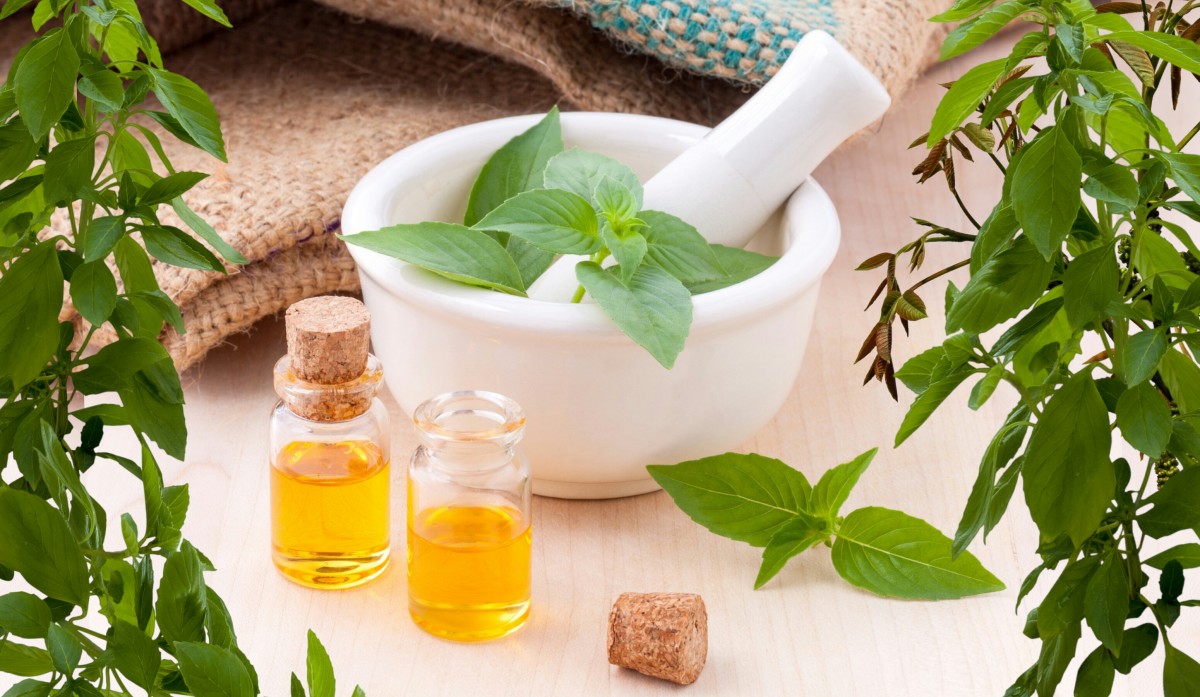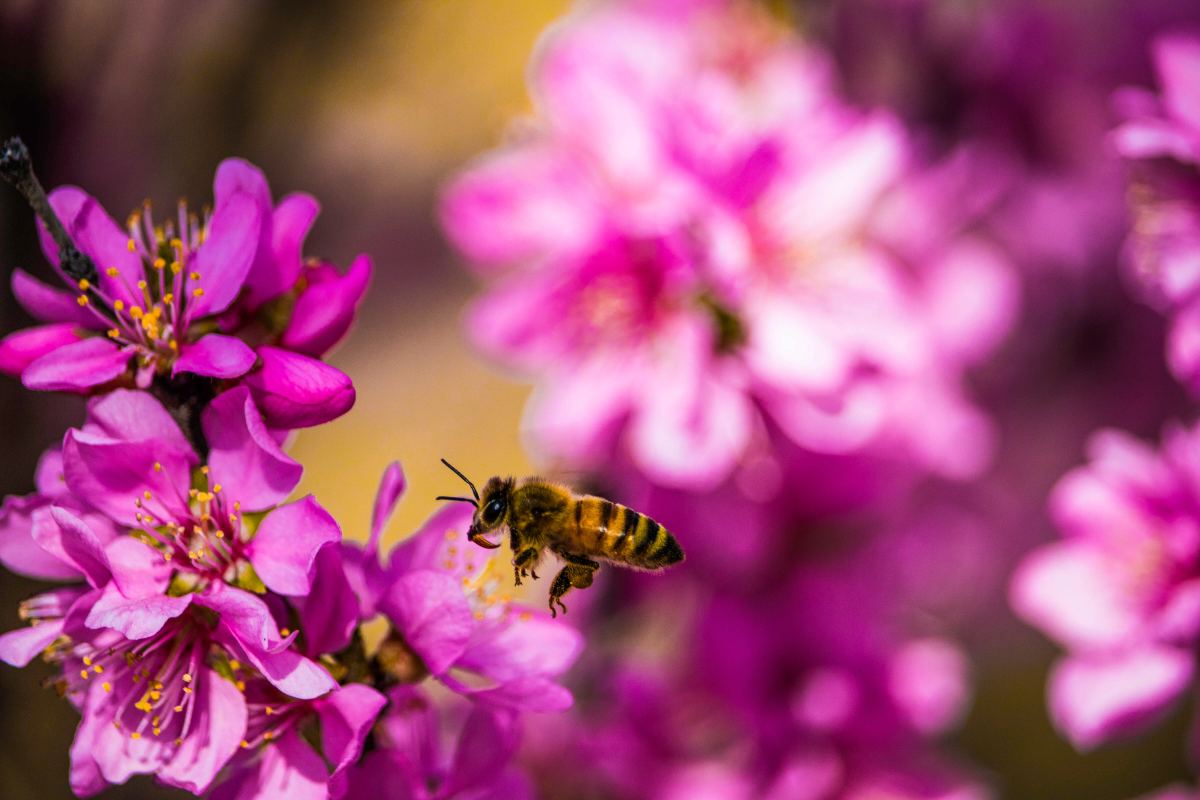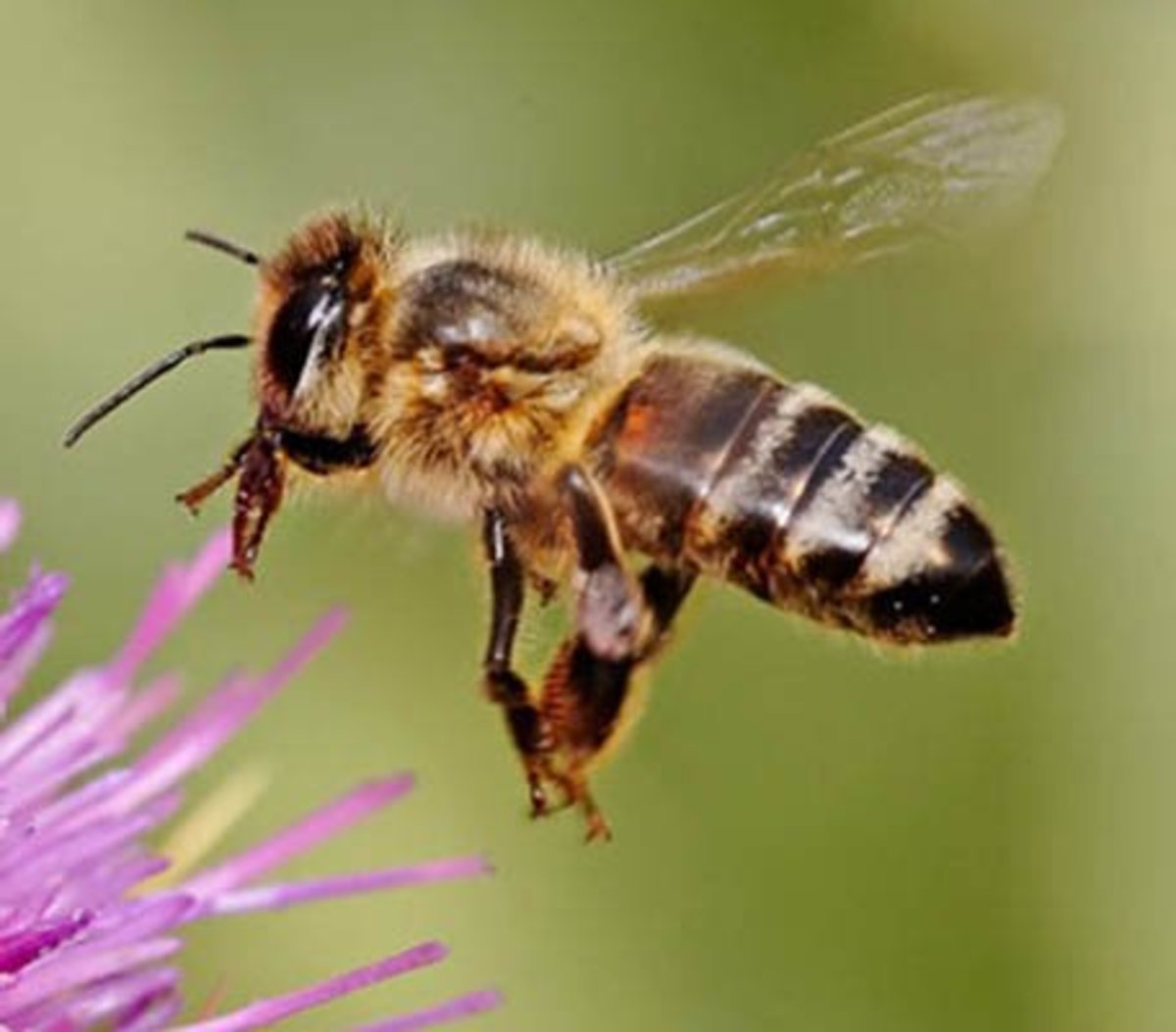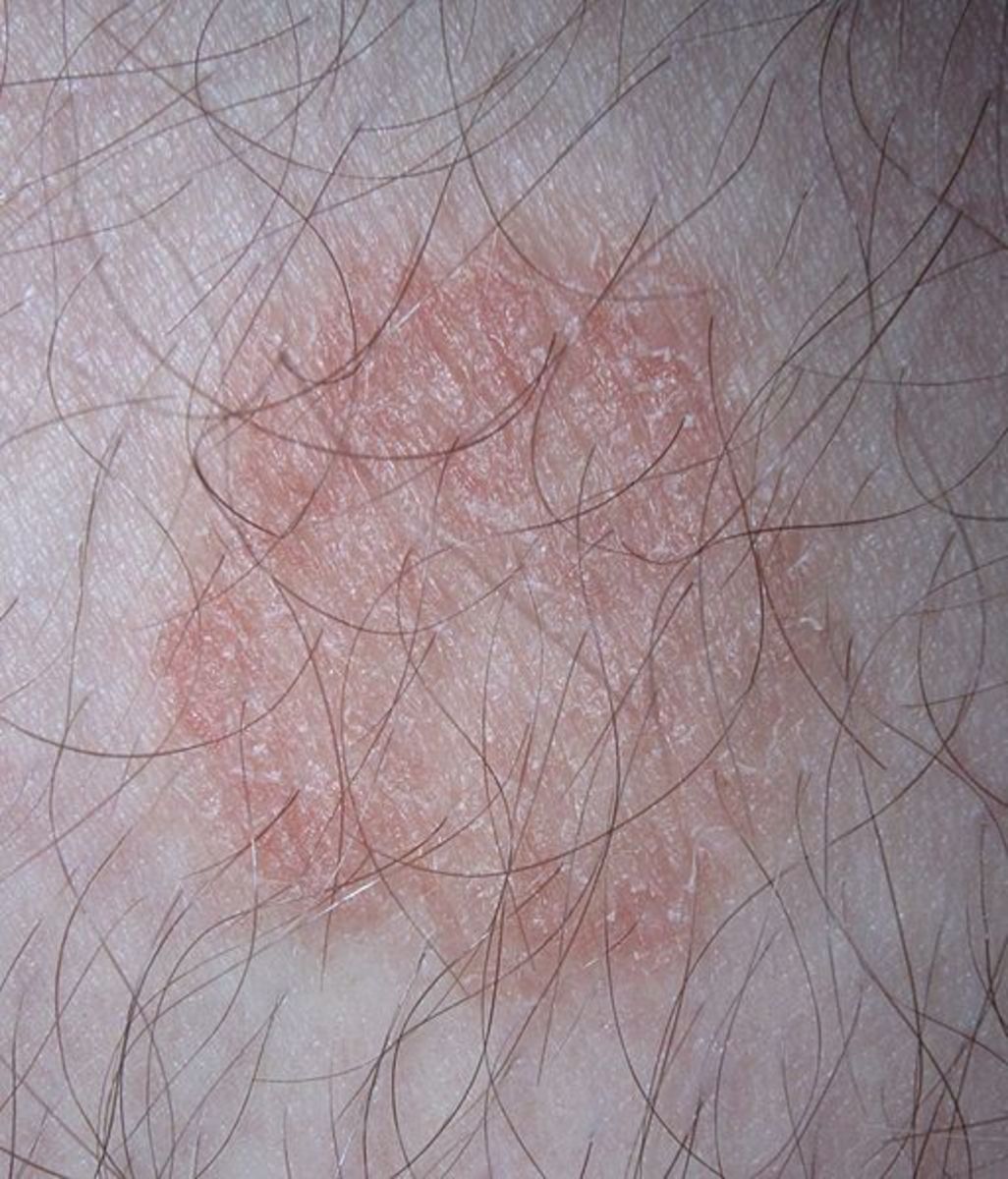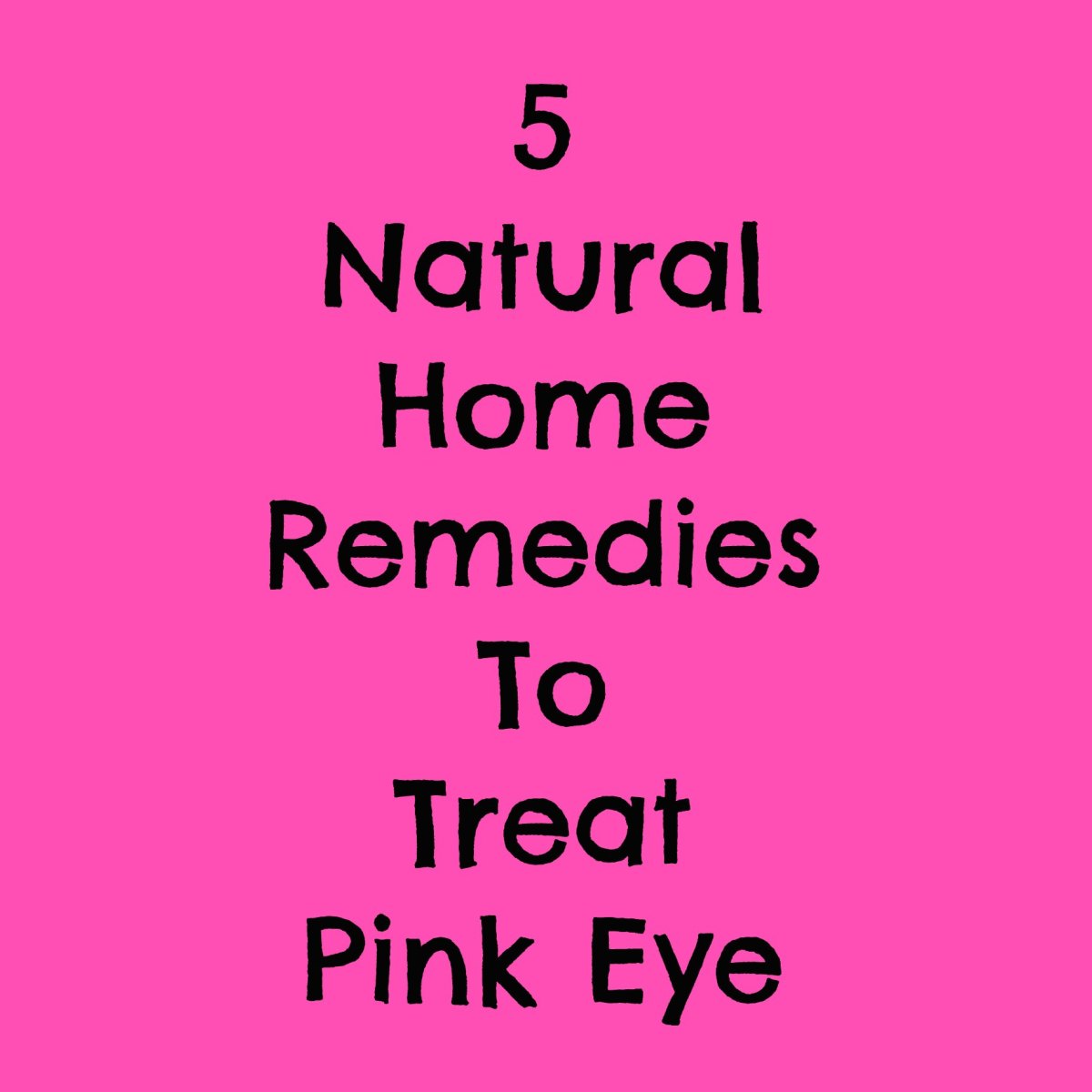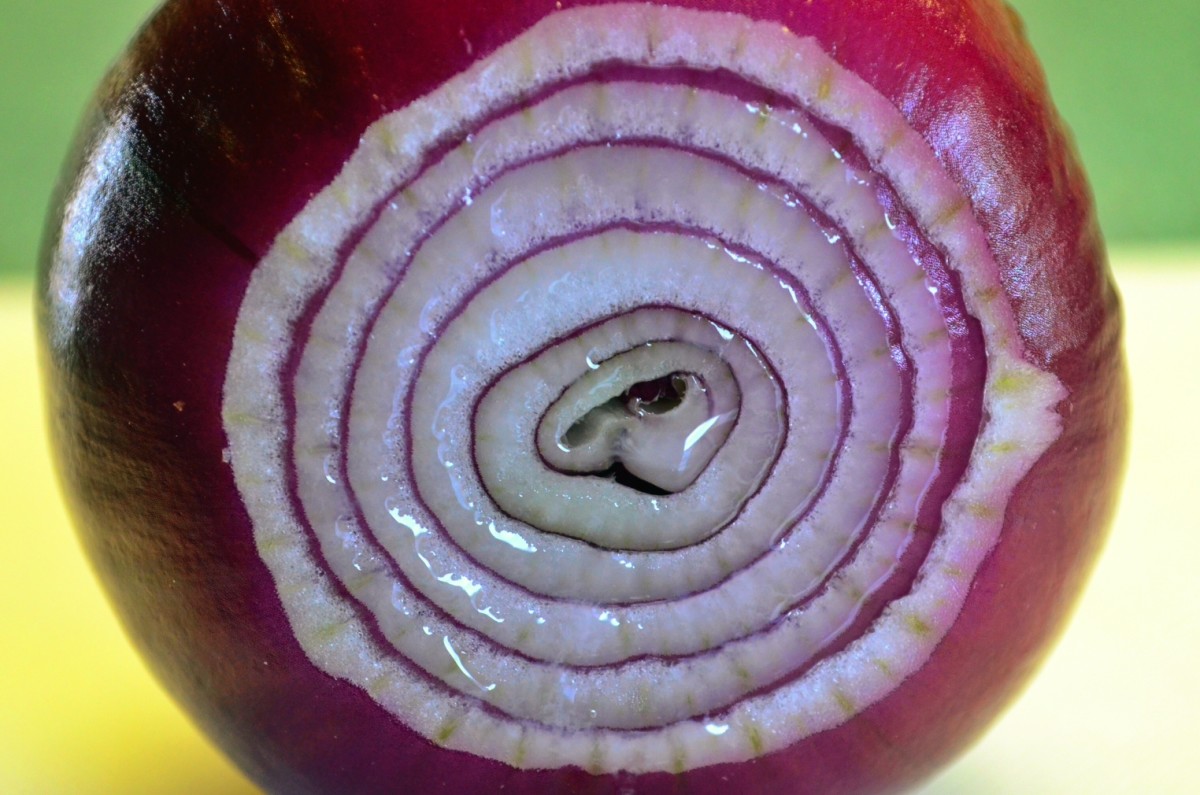Oh Honey! Do You Know About the Good Stuff?
How Good Is It?
Honey is so good it has been coined as a term of endearment. As you might imagine, that does mean the sweet sticky substance lives up to its calling.
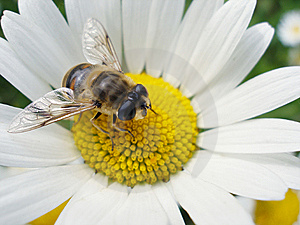
Bees Turn Nectar to Honey In Short Order!
Honey can be made from other sources, such as fruit, but in this case we are talking about honey made by bees. Honey bees form nectar into honey by a process of regurgitation. They then store it as food in honeycombs made of wax inside the beehive. According to the Encyclopaedia Britannica, the flavor and color of honey is "determined by the flowers from which the nectar is gathered. Some of the most commercially desirable honeys are produced from clover by the domestic honey bee. The nectar is ripened into honey by inversion of the major portion of its sucrose sugar into the sugars levulose (fructose) and dextrose (glucose) and by the removal of excess moisture. Honey is stored in the beehive or nest in a honeycomb, a double layer of uniform hexagonal cells constructed of beeswax (secreted by the worker bees) and propolis (a plant resin collected by the workers). Honeycomb is used in winter as food for the larvae and other members of the colony. It is commonly sold by beekeepers as a delicacy, or the wax may be extracted for various purposes."
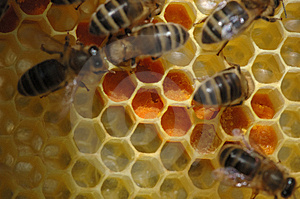
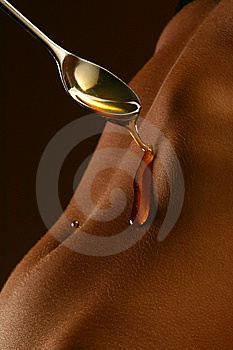
These Workers Are Great Architects and Chemists!
The consistency of honey is about 18 percent water and water soluble. Honey could granulate between 50 and 65 °F (10 and 18 °C). It is kind of acidic and has mild antiseptic properties.
Oh honey has many benefits. These include (1) furnishing the body with energy and strengthening it to fight illness, (2) calming the mind to allow better sleep, and (3) relieving heartburn. Experts say honey has proven (4) useful to treat heart disease and (5) lung problems as well. There are other great uses for honey. You may have heard that honey can be (6) used in the treatment of burns and other skin injuries. This is true. In fact, recent studies have proven the effectiveness of honey to the point where (7) some wound care centers are using it instead of antibiotics in some cases of worrisome wounds. Interestingly, honey is even being used to kill antibiotic-resistant strains of infection, such as methicillin-resistant staphylococcus aureus (MRSA). This is awesome since most hospital borne infections are resistant to at least one type of antibiotic. The BBC NEWS UK/Wales reported on 11/21/02: "Scientists claim to have discovered that honey can be used as a natural remedy to hospital infection "superbugs" which are resistant to strong antibiotics."
Manuka honey is touted to be such a killer of hospital "superbugs." Manuka is a kind of honey that is made by bees pollinating the flowers of the Manuka bush, which grows naturally in New Zealand. Also, the BBC report continued, stating that "an Australian company is claiming to have produced the world's most potent medical-grade antibacterial honey, made by bees pollinating the Australian jellybush" of the same family as the Manuka bush, Leptospermum family. Finally, the BBC reports that since 2004, Britain's National Health Service has licensed the use of Manuka-honey wound dressings and sterilized medical grade Manuka-honey creams.
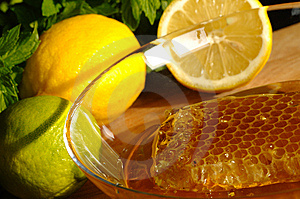
Plenty of Palates Have Enjoyed A Taste of Honey
In times long ago, honey was practically the only kind of sweetener commonly used, and it was considered very valuable as medicine. It was used to make fermented drinks, mixed in wine, and other alcoholic beverages. Britannica further indicates that the Egyptians used it as an embalming agent but, in India and other Asian countries, honey was used to preserve fruit and make cakes, sweetmeats, and in other foods. Today we realize that the powerful bacteria-killing effects of honey are just as sweet as its culinary value!
Ancient and modern peoples use honey for baking, making candy, in cereals, and wonderfully in medicines. Some people prefer honey over sugar because, while it is pretty equal in calories, honey is sweeter and they may be inclined to use less. More important than that, honey is healthier. Health and nutrition experts seem to agree with the sentiments by Charles Butler, in Feminin' Monarch, 1632. When comparing honey with sugar, he said "In respect of the marvellous efficacy which fine and pure honey hath in preserving health, that gross and earthy stuff is no whit comparable to this celestial nectar." In modern English, honey wins that dual hands down!
There was a caution seen in some articles about honey; i.e. it should not be fed to infants less than 1 year of age. Actually, that is also on almost any bottle of honey you purchase. So that is a well known caution due to a mild bacterium found in unpasteurized honey that is harmful to babies but causes no harm to others. In all the fascinating things I learned about honey, I did not come across any reports of people being allergic to honey. A statement in a book called The Complete Guide to Natural Healing may explain why: It says, "Bees filter out environmental toxins. Honey contains only slight traces of residues from industrial emissions, car exhaust, and agricultural chemicals because bees act as a biological filter: They die if they come into contact with toxins and thus do not bring pollutants into the hive." Also, an added benefit is that this biological filter seems to impart relief to those allergic to any flower pollen encountered by the bees to the one eating the honey. So that would mean, if possible, eating honey from your own region would be like a having a "tasty natural antihistamine."
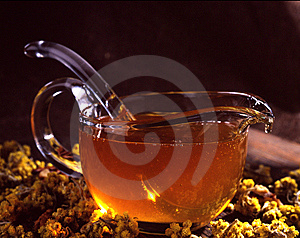
From Condiment to Medicine Honey Gets the Job Done!
In summary, honey has a long legacy as an edible but its
healthful benefits are even more incredible, being used to treat a sundry of medical
illnesses and ailments. Whether honey is being used in the kitchen or wound
care treatment center, it is clear that honey has tremendous benefits. What an
awesome fluid! Do you know of some other ways honey is used? As for me, the next time I put some honey on a biscuit or sweeten my cup of
tea, I will think about all the power in this complex sticky stuff and know that it is more
than just simply sweet.
- 5 Fabulous Flu Fighters That Can Stave Off a Cold Too!
In North America, the cold and flu season typically runs at its height from October to April. The flu is a contagious virus that is spread from one person to others by an infected person when he sneezes or... - Raw Honey: Sweet Benefits
Many people have heard that honey is good for you but do you know how and why? There are a number of conflicting 'old wives tales' about the benefits of honey, as well. What are the facts and what are the... - Honey for Skin Care
When you think of honey, what do you see in your mind? Do you see that little bear container filled with the amber syrup? Or, do you see the little girl on the jar of Sue Bee honey that I remember as a kid?...
- stock.xchng - the leading free stock photography site
stock photography community - browse our huge gallery for high quality stock photos or share yours with others.


